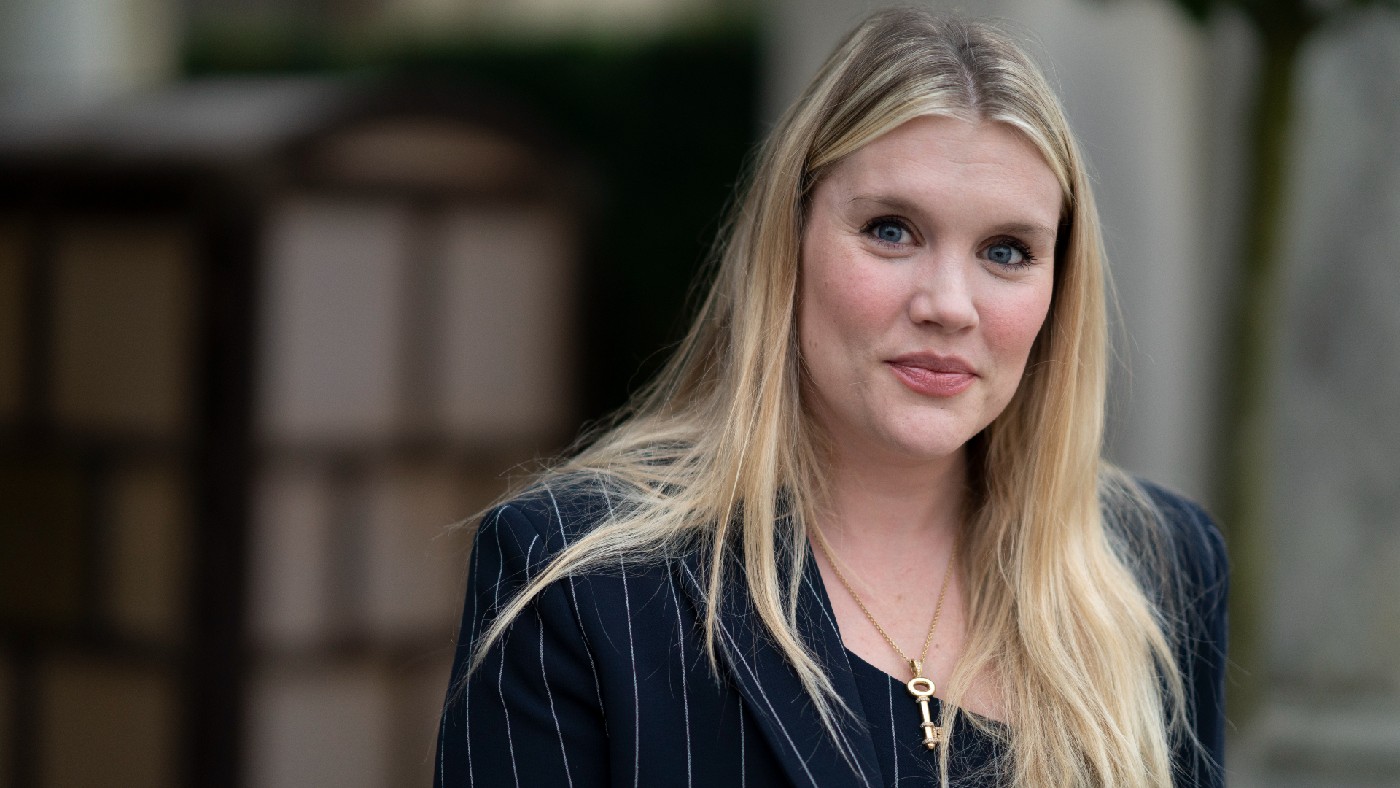Emerald Fennell: my six best books
The actress and writer chooses her favourite books, from Jane Austen to Nick Cave

A free daily email with the biggest news stories of the day – and the best features from TheWeek.com
You are now subscribed
Your newsletter sign-up was successful
Douglas Kennedy’s novels have sold more than 15 million copies worldwide and the latest, Afraid of the Light (Hutchinson £13.99), is out now.
1. The Great Gatsby
F. Scott Fitzgerald (1925)
Fitzgerald’s seminal novel sold only 3,000 copies on its publication, but with its lyrical exactitude and an eye for the complex nuances of class and social hierarchy, it remains one of the most perfectly judged visions of that deeply American longing for perfection amid that equally American obsession with lucre. I re-read it every two years – and it always astonishes.
The Week
Escape your echo chamber. Get the facts behind the news, plus analysis from multiple perspectives.

Sign up for The Week's Free Newsletters
From our morning news briefing to a weekly Good News Newsletter, get the best of The Week delivered directly to your inbox.
From our morning news briefing to a weekly Good News Newsletter, get the best of The Week delivered directly to your inbox.
Penguin £6.99; The Week Bookshop £5.99
2. A Flag for Sunrise
Robert Stone (1981)
My favourite novel of the Reaganite 1980s by this shamefully undervalued novelist, whose work grappled with the geopolitical mess we created during the Cold War, and the spiritual vacuity of modern life.
Picador £14.99; The Week Bookshop £11.99
A free daily email with the biggest news stories of the day – and the best features from TheWeek.com
3. The Collected Stories
William Trevor (1992)
I discovered Trevor’s brilliant oeuvre during my Dublin years – and still consider his short stories to be among the finest of any postwar writer. His reserved, unobtrusive narrative voice gives way to a frequently lethal dissection of the human condition in all its manifold contradictions.
Penguin £16.99; The Week Bookshop £13.99
4. Revolutionary Road
Richard Yates (1961)
Yates’s ruthlessly lucid examination of marital hell and self-entrapment remains, for me, one of the great achievements in postwar American literature. Its portrait of a couple who talk themselves into a move to the New York suburbs and descend into destructive disaffection might be the most blistering examination of the way hell is not just others (as Sartre once noted). Hell, indeed, is often our self.
Vintage £9.99; The Week Bookshop £7.99
5. Pick-Up
Charles Willeford (1955)
Written by one of the most underrated masters of American noir, this deeply strange, shadowy account of two drunks who meet in a sleazy bar and begin a romance doomed to conflagrate is pulp fiction at its most skewed.